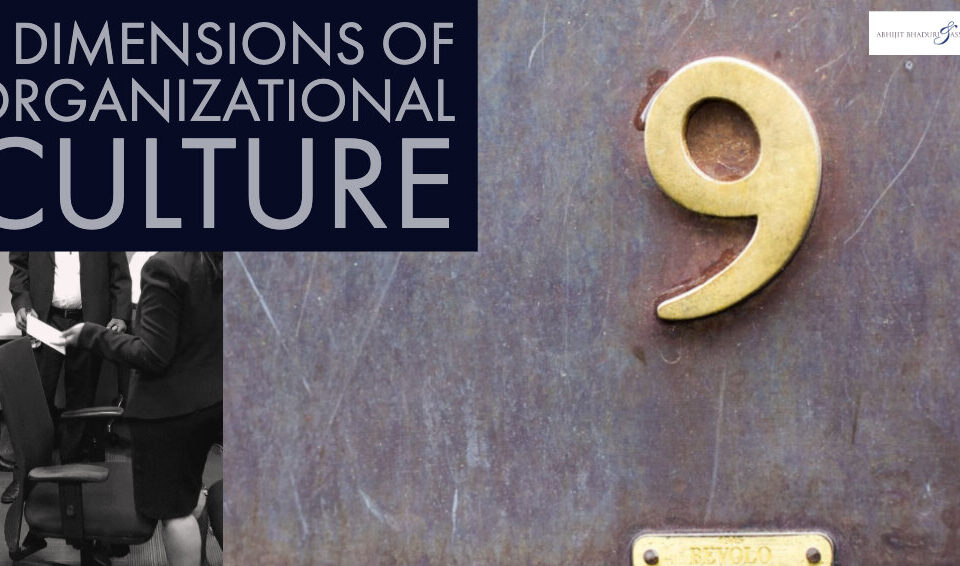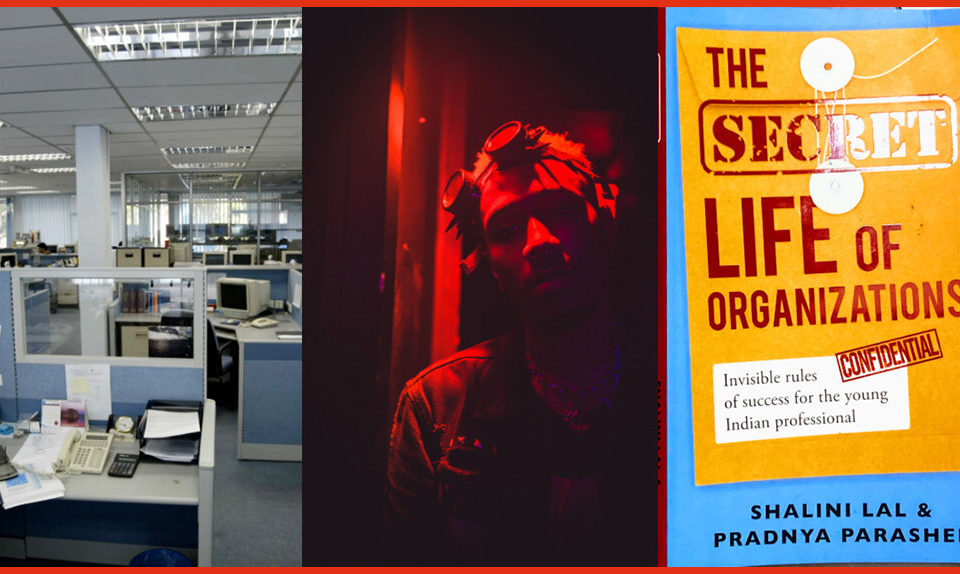Repairing a broken culture takes much longer. A number of start-ups laugh at these needs of articulating values. Quite often the founding team gets together and chooses values that support revenue growth but ignore elements like diversity, respect etc that they think comes in the way of achieving scorching rates of growth. There is no doubt that it is well worth the investment.
2 out of 3 people in the workforce in developing countries lag behind in at least one of these three skills. The educational institutions are lagging behind in most of these countries. That means having a degree is no guarantee of employability. The skills required to do most jobs are evolving quickly. The employers in every country need to invest in upskilling, reskilling, and deep-skilling the employees on a continuous basis.
People are the greatest competitive advantage. Yet most companies struggle to recruit, train and retain capable workers. Nothing seemed to have changed since 2008. Here is what NYTimes found in 2008"Managers surveyed by the firm blamed everything from short-term financial pressures — which keep them from investing in talent development — to less-than-capable human resource departments for the persistence of the problem."
Neelima and Shivya are two samples of what lies ahead for HR. The talent pool is soon going to become location-independent. These are new kinds of careers that did not exist before. This work is being done by a boundaryless worker whose office is their mobile phone. Their resume is on social media.
The Secret Life of Organizations written by Shalini Lal and Pradnya Parasher is that map that tells the young Indian professional how to make sense of the chaos in organizations. The authors use their own experience of working across a variety of organizations and their expertise in Organizational Psychology to tell the novice how to decode what they see. They do so with short cases and examples.









